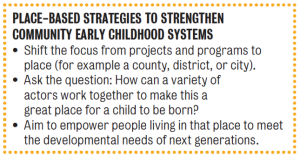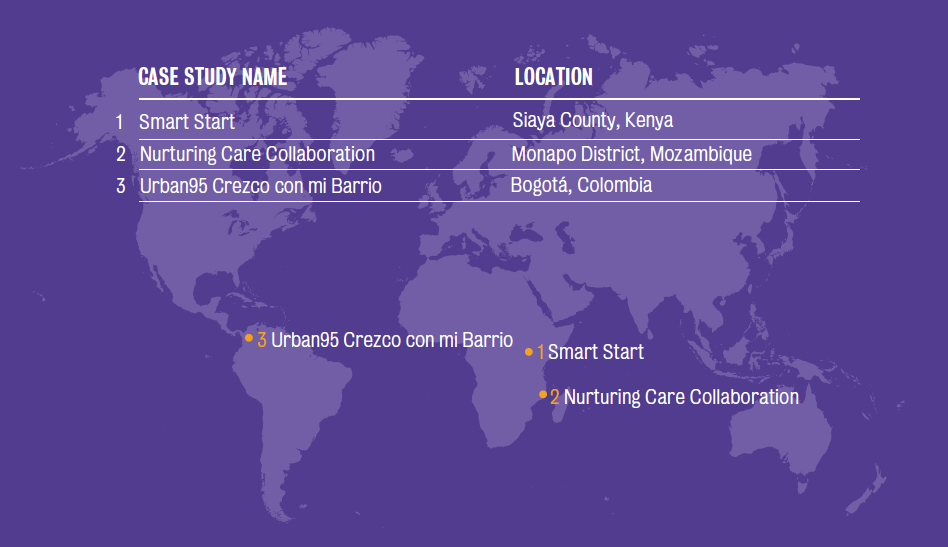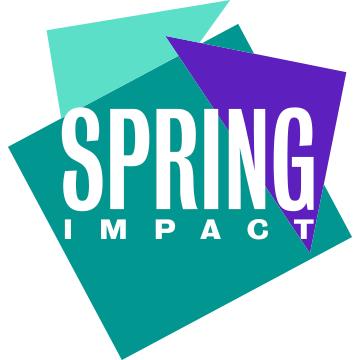What makes a village, town, or district a healthy and happy place to raise a young child? There is a widespread understanding in the field of early childhood development (ECD) that the entire community plays a transformative role in the early life of a child, even before they are born.
With support from the Conrad N. Hilton Foundation and with the advisement of Dr. Joan Lombardi, Spring Impact has produced a new piece of qualitative research to further understand how communities across the globe are strengthening community early childhood systems supporting children and caregivers. Detailed further in the report, these place-based strategies to strengthen community early childhood systems are understood as cross-sector efforts focused on improving outcomes for all young children in a specific geographic area.

The research draws together insights from international literature, remote interviews with practitioners, and three in-depth field studies to understand what place-based initiatives are doing well, how they have developed, and what practitioners, government partners, and funders can learn from their experience through the use of tools, frameworks, and recommendations included in the report:
- Monapo Nurturing Care Collaboration in Monapo District, Mozambique
- Smart Start in Siaya County, Kenya
- Urban95 ‘Crezco con mi barrio’ in Bogotá, Colombia

Place-based community approaches for ECD have the potential to unite many stakeholders and meet the needs of caregivers and young children through commitment to collaboration. They address a common vision among policymakers, government, and communities they serve.
We invite you to read the report and contribute to the conversation around how strengthened community early childhood systems can help more children, caregivers, and communities to thrive.

